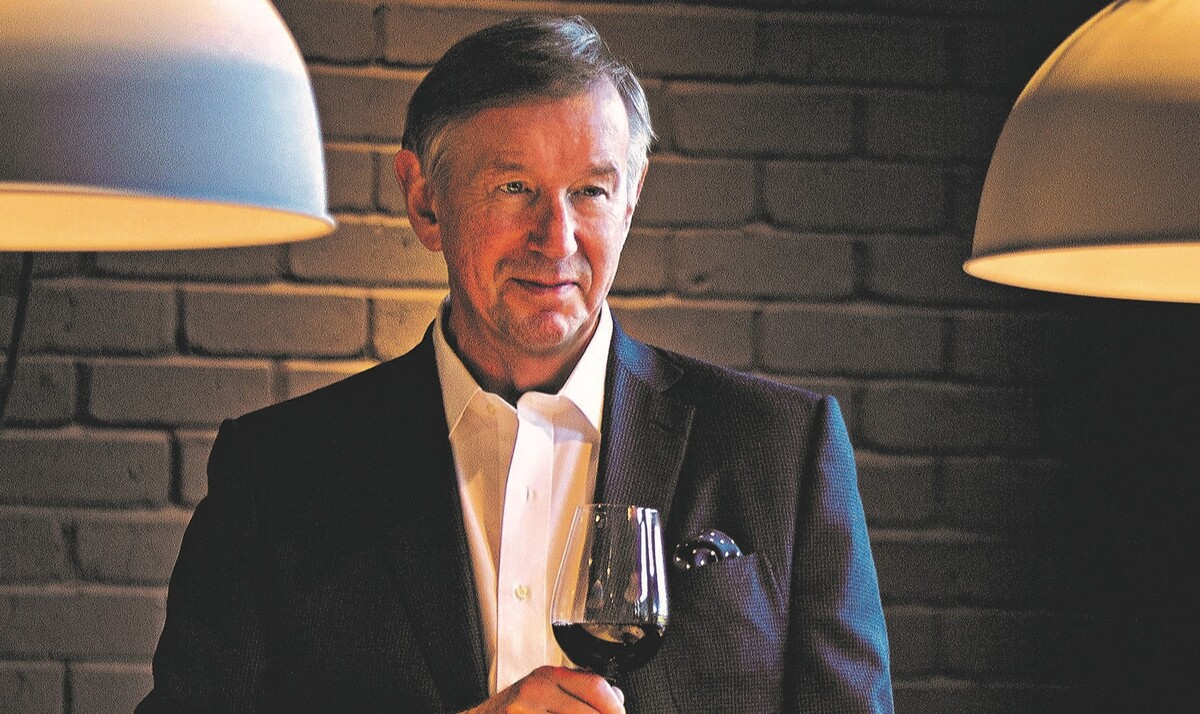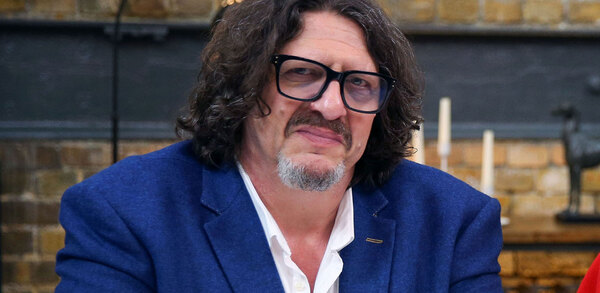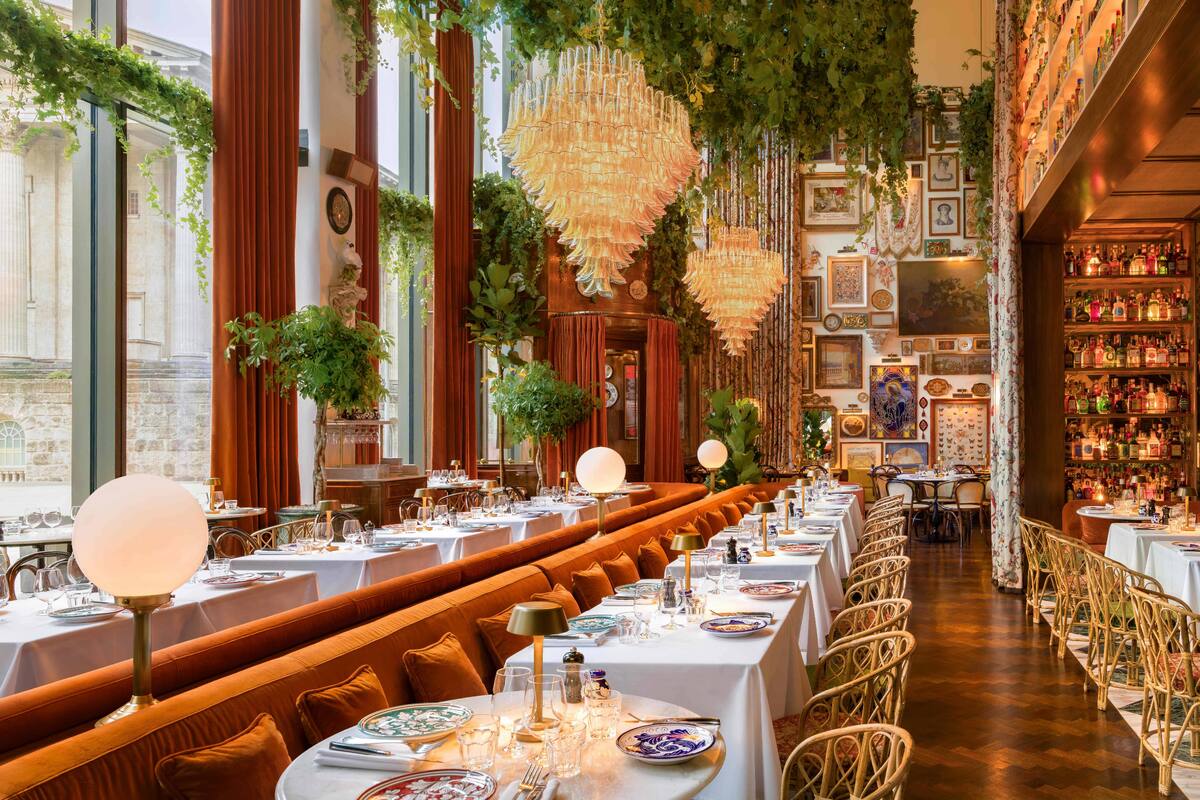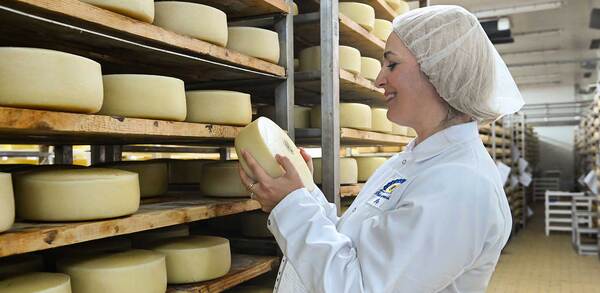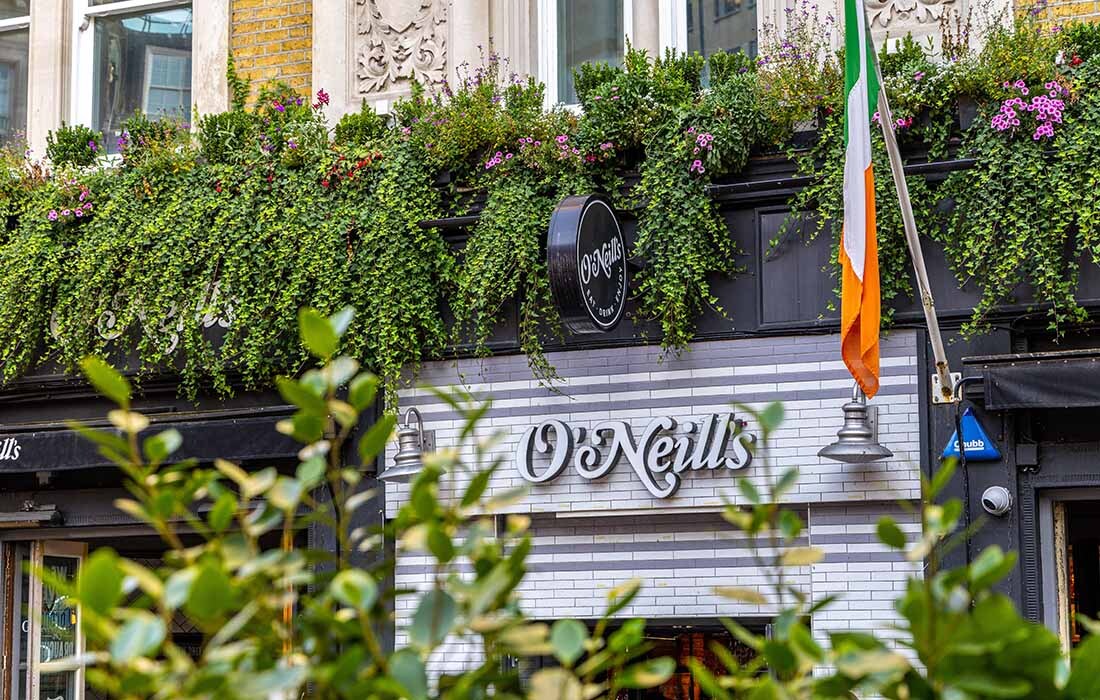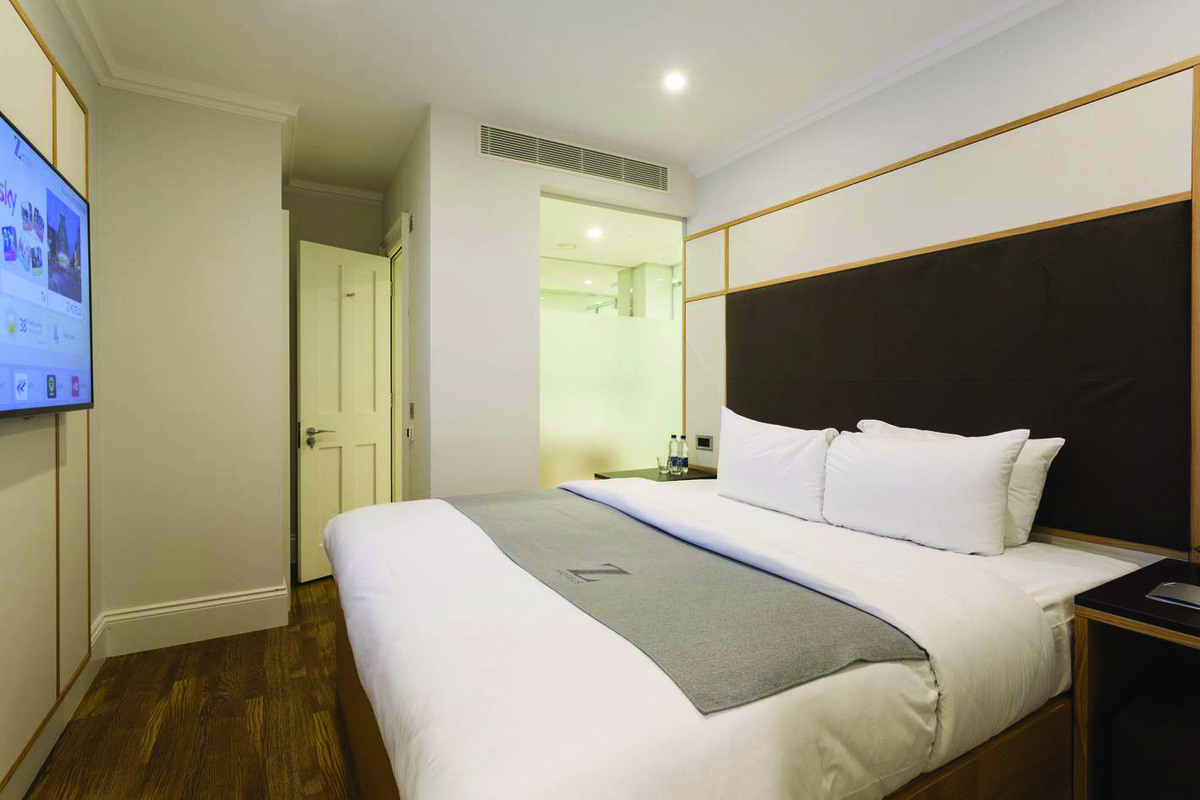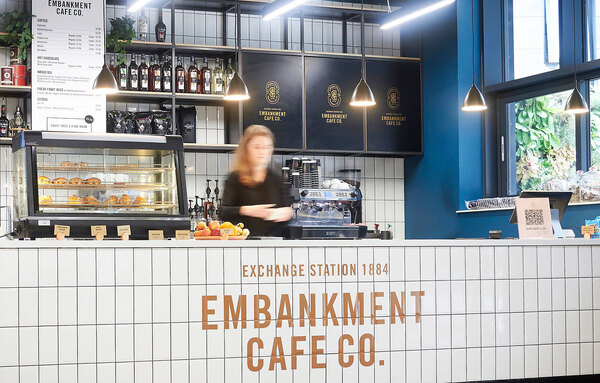Viewpoint: Don't fall for the plastic panic
The ‘Attenborough effect' can be seen across the industry, but Marc Frankl questions if ditching plastic is the right answer for everyone
Sir David Attenborough's second instalment of Blue Planetaldâs, which has said its packaging will be fully sustainable within the next five years.
Broadly, I welcome these changes â" of course, anything that stops plastic waste ending up in our oceans and killing marine life has to be a good thing.
However, there is a growing and very real pressure for companies to jump on the plastic bandwagon at the moment â" and foodservice operators, who use a large amount of disposables in their businesses day to day, are naturally in the firing line.
But for me, it begs the question â" dramatically changing how a caterer provides and serves F&B to their customers may suit current marketing messages, but isnât it important we take the time to actually work out whatâs best for the environment and for the client? By acting too fast, a business may choose a short-term solution which doesnât actually have the desired long-term impact or, indeed, look after the planet. I believe jumping the gun can have the wrong results.
I ask the above question with the confidence of knowing 98% of Amadeusâ disposable packaging spend is on sustainable products. We meet clients every day and listen to their expectations and desires around sustainability. Iâm always delighted to explain our commitment to sustainable products and itâs brilliant seeing their faces light up when they become aware of what weâre achieving. They become less sure when I explain that a percentage of our packaging spend is, and will remain, on plastic products.
Why? Quite simply because caterers must provide products that are appropriately aligned to the venueâs waste stream in which they are operating. In this way, plastic can sometimes be the most sustainable option available.
Take the National Exhibition Centre (NEC) for example â" one of our biggest clients. The NEC operates a zero-to-landfill model, with any residual waste that cannot be recycled converted into energy for local homes and businesses. With plastics offering a sustainable solution, it wouldnât make sense to switch to a more âethicalâ product, such as compostable cups, which the venue isnât able to depose of within its existing waste streams.
Some industries or venues also bring with them restrictions â" for example, many arena venues have policies that require all drinks receptacles to be crushable underfoot due to health and safety regulations â" so in this case, it wouldnât be suitable to introduce reusable cups to the venue.
While introducing more sustainable solutions to a business is always a good thing, I challenge caterers and foodservice providers to resist a knee-jerk reaction to the âAttenborough effectâ and to instead consider what options offer the most sustainable solutions for their business today.
Marc Frankl is the food and beverage director of Amadeus


